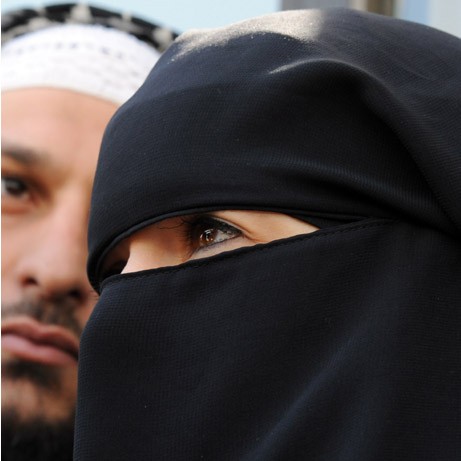The French-American Foundation Weekly Brief

The French-American Foundation reviews what’s happened in France this week.
France
A draft bill being discussed by the French cabinet on Wednesday, April 21, would authorize a maximum French contribution of €6.3 billion to Greece as part of a bailout deal agreed on by euro-zone ministers earlier this month. According to French Economy Minister Christine Lagarde, “It’s not a gift, it’s a bilateral loan.” The New York Times reports that France’s aid to Greece will equal 21 percent of its capital share of the European Central Bank. Greece has been struggling this year with a massive budget deficit.
According to Le Figaro, a spokesman for the French government announced on Wednesday, April 21, that a bill to ban the full Islamic veil from all public spaces will be presented to ministers in May. The decision comes despite warnings from the State Council, France’s highest administrative body, that such a law will likely face lengthy legal challenges and may be unconstitutional, Agence France Presse reports.
French Senator Charles Pasqua is in court facing corruption charges and a possible penalty of up to ten years in prison. On Monday, April 19, Pasqua insisted he is innocent, according to France 24. The Cour de justice de la Republique, a special tribunal which judges France’s lawmakers, is considering three charges against the senator involving allegations of bribery and granting licenses in exchange for political donations. The alleged abuses occurred in the 1990s when Pasqua was France’s Interior Minister.
Since the defeat of the UMP party in the regional elections, French President Nicolas Sarkozy has once again made the fight for increased security in the banlieues one of his priorities, according to Le Monde. On Tuesday, April 20th he visited the Seine-Saint-Denis department, where he announced a series of proposed reforms, including suspending financial help for families with children who have repeatedly missed school, opening separate establishments to support and reform problematic students, developing a stronger police presence in high-risks schools, and cracking down on drug cartels. According to a recent poll conducted by Ipsos and published in Le Figaro on Thursday, April 22, 65% of the French are in favor of the suspension of financial help and 75% are in favor of the creation of special establishments to host problem students.
On Thursday, April 22, employees of the French national railways SNCF brought their strike to an end after two weeks. Christian Estrosi, French Minister of Industry, indicated that the maintaining the strike any longer was unacceptable, given the exceptional and widespread difficulties resulting from suspended and limited air travel that has already affected several thousand passengers.
Share to: Facebook Twitter LinkedIn Email



